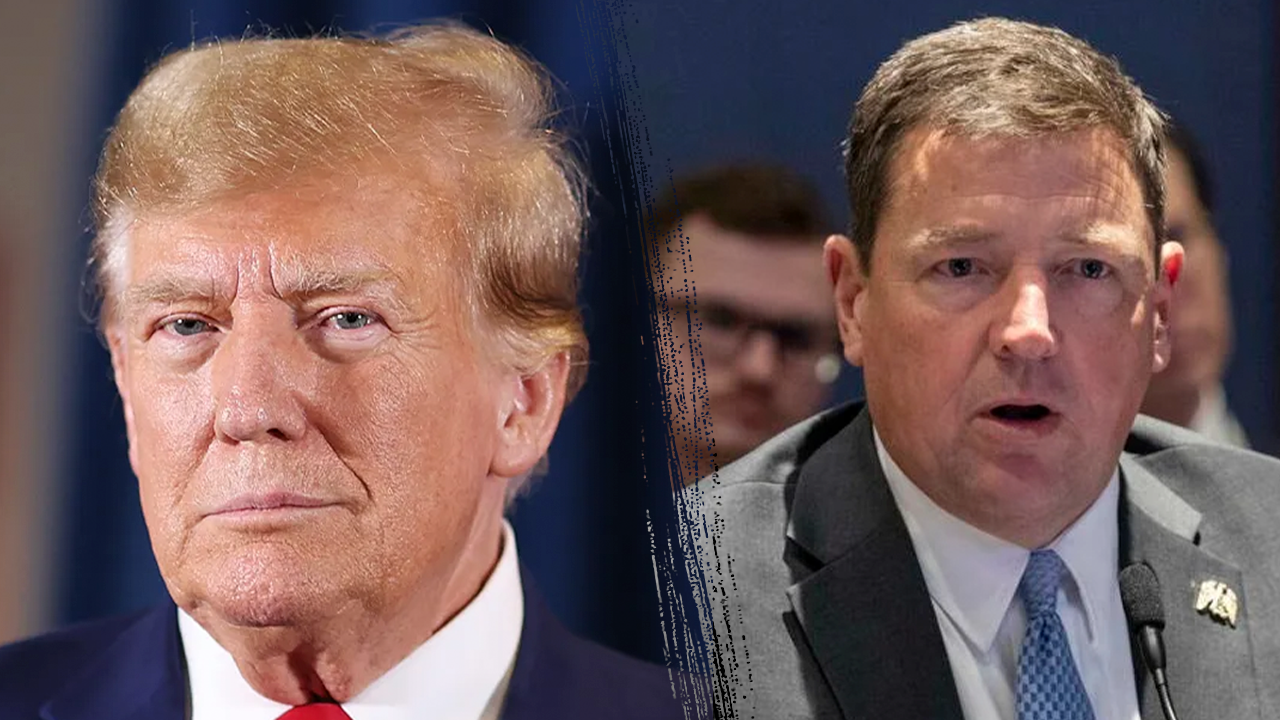A new report confirms what many have long suspected – the “woke” takeover of Harvard University has created fertile ground for antisemitism at the school. Other higher education institutions would do well to take note of its findings.
Following Hamas’s brutal assault on Israel on October 7, 2023, elite American universities experienced a wave of antisemitic violence and intimidation that included forceful “occupations” of school buildings and common areas. More than 30 student groups endorsed a statement holding Israel “entirely responsible” for the violence.
The administration failed to speak out against this grotesque statement, with some faculty even cheering on the pro-Hamas protesters. Then-Harvard President Claudine Gay added fuel to the fire in January 2024 when she refused to condemn calls for violence against Jewish students during congressional testimony. She subsequently resigned.
In response to these failures, new Harvard President Alan Garber established the Presidential Task Force on Combating Antisemitism and Anti-Israeli Bias in January 2024, charging it with examining the problem, identifying its causes, and recommending solutions. The task force’s report was released late last month.
Perhaps the most disturbing aspect of the task force report is its revelation of how normalized antisemitism has become on Harvard’s campus, as evidenced by the personal accounts gathered from Jewish students who have experienced it first-hand. As one student recounted:
“You get used to social discrimination from [the] first day at Harvard by people of Arab descent. People refusing to speak to you. Not even pretending to be nice. Some people pretend to be nice and end conversation in [a] polite manner when they find out [I am] Israeli and then don’t talk to [me] again.”
The report also reveals a disturbing trend of social coercion, with non-Jewish students facing pressure to shun their Israeli peers. Even American Jewish students reported feeling compelled to denounce Israel – proving they are “one of the good ones,” or an “anti-Zionist Jew” in order to gain acceptance within certain social circles. Students faced ostracism if they refused to disavow their connection to the Jewish state.
According to the report, during a gathering organized by Harvard’s Center for Middle Eastern Studies at the Harvard Divinity School, the October 7 attack was characterized as an assault on “Israeli Jewish settlements,” a choice of words that critics argue dehumanized the victims and downplayed the massacre of civilians.
“Globalize the Intifada” chants were frequently heard on campus, which many Israeli students—including some who had lived through the Second Intifada—found deeply traumatizing.
At a Harvard Law School event intended for families of hostages, the university forced Jewish students to move to another location while allowing protesters to move about without restriction. One graduate student commented that the protesters acted as if “they own the place.”
The report also revealed that in February 2024, pro-Hamas Harvard students, staff, and faculty resurrected and circulated an antisemitic cartoon. Anti-Jewish tropes that could have been straight out of Nazi Germany found new life among campus “activists” who seemed either unaware of or indifferent to their historical context.
This dynamic was amplified during Harvard’s 2024 commencement ceremony, where keynote speaker Maria Ressa’s off-the-cuff remarks invoked age-old stereotypes about Jews.
Jewish students told the task force that they found themselves increasingly alone and isolated, with no help from the administration or faculty.
Anonymous online platforms at Harvard also became a breeding ground for antisemitic vitriol directed at Jewish students after the Oct. 7 attacks, creating a climate of fear and isolation.
Examples of this included images that displayed blood dripping from the text “Decolonization is not a metaphor,” and a pattern of using offensive language such as “Israeli scum” and “Zionist dirtbags” in online posts.
Unlike other groups on campus, Jewish students reported feeling constantly subjected to accusations that their history is a “sham” and that Jews are “supremacists and oppressors” undeserving of protection from such discrimination and bias.
One Jewish student was reportedly told by an administrator that they faced serious repercussions—a “whole world of trouble”—for deleting offensive, antisemitic posts from a group chat.
Many reported feeling increasingly marginalized and targeted for their views. As one Jewish graduate student, who had also attended Harvard as an undergraduate, observed, “Jews are now being treated like Republicans were when I was in college,” a sentiment that speaks volumes about the growing climate of ideological intolerance within elite universities, where dissenting viewpoints are often met with hostility and exclusion.
“We are not aware of any other group on campus that is subject to social exclusion as part of an intentional campaign by political organizers,” the report states.
The report revealed an example of this double standard: “500 Harvard affiliates wrote a letter in Fall 2024 condemning an outside Jewish organization’s scheduled antisemitism training session at Harvard,” it reads. This swift condemnation of anti-bias education would be “hard to imagine if the topic were bias against any other group.”
The report further notes that “there is an ideological effort underway to weaken the post-World War II social consensus that antisemitism is a form of bias,” and that Harvard’s historical neglect of antisemitism in its official diversity and inclusion efforts may stem from a “misperception that Jewish success at Harvard negates the existence of antisemitism.”
The report comes after the Federal Task Force to Combat Anti-Semitism under the Trump administration delivered an ultimatum to Harvard earlier this month, threatening to pull $9 billion in federal funding unless the university implemented a list of immediate reforms to address its systemic antisemitism problem.
Still, the internal Harvard report’s findings cast serious doubt whether the university truly understands the nature and scope of the problem, and whether its purported efforts to combat antisemitism will be effective in addressing the underlying causes.
Sarah Katherine Sisk is a senior at Hillsdale College pursuing a degree in Economics and Journalism. You can follow her on X @SKSisk76.
Read the full article here










